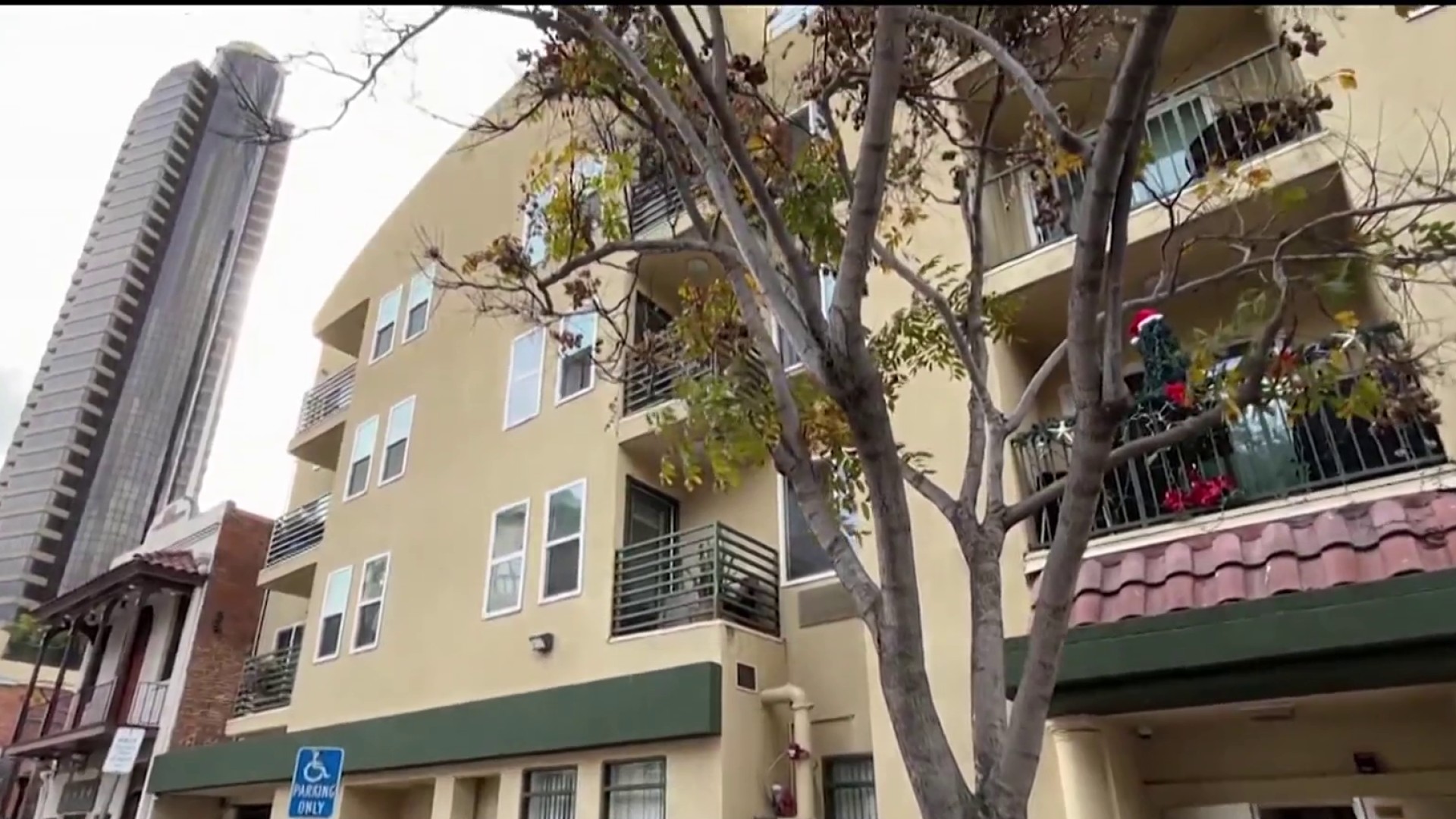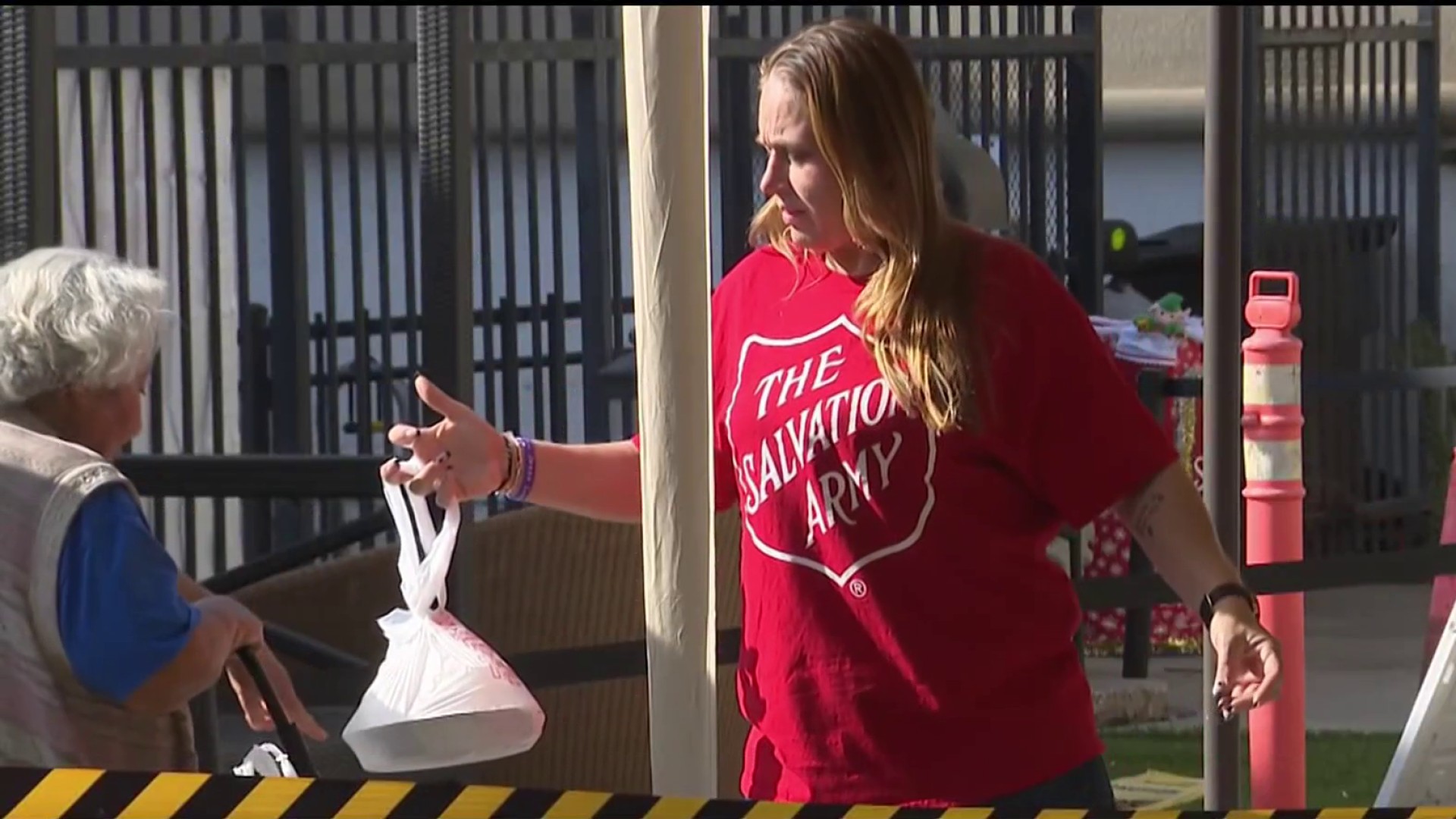A Point Loma woman’s social media post is getting a lot of attention nationwide after she recently received results from a private testing lab on a COVID-19 antibody test. Problem is, she never took a test.
The lab that sent the woman those results is San Diego-based private lab Genalyte, which partners with the San Diego Blood Bank.
“It was April,” Laurie Chambliss, a Point Loma mother of two said. “And there was so much going on about coronavirus and everybody was talking about this antibody test.”
Chambliss found a post on a neighborhood Facebook group with a link to sign up for an antibody test from Genalyte.
"And I was like, ‘That sounds interesting,'” said Chambliss.
So, she filled out a form for herself and her husband, but said she never heard back, until about five to six weeks later in May.
“I got this random email from Genalyte and it was like, ‘Log in to see your results,’’ said Chambliss. “And I was like that’s weird. I never took a test.”
She sent NBC 7 Investigates a screenshot of the results, detailing the date and time of the blood draw, and when it was processed.
Local
"My first thought is somebody screwed up really bad,” said Chambliss.
She told Genalyte about the mix-up, but says the lab dismissed her concerns. NBC 7 Investigates took her concerns directly to Genalyte CEO and founder Cary Gunn.
“This is the type of thing you lose sleep over,” Gunn told NBC 7. “You never want to mix up a patient sample."
Gunn says Chambliss made an appointment and never showed, but on that same day, another woman with an almost identical name did show up, and the phlebotomist at the San Diego Blood Bank mis-identified that patient for Chambliss, labeling the samples as Chambliss and then sending those mis-labeled samples to Genalyte for testing.
“And we ended up performing the test on the tube of blood that had been identified as hers, but it was really someone else’s,” explained Gunn.
"It was a freak accident,” said Gunn. “We've never had that happen to us before and we'll do everything we can to stop it from happening."
One thing Gunn says that would have prevented something like this, is something many in the medical field across the nation are pushing for: a national patient identifier program.
“There’s a problem in the healthcare system with asking a lot of front-line and back-end medical workers to do a lot of clerical work,” says Gunn. “I don’t know that I wouldn’t have made that mistake if I was busy seeing patients in the front-line system. I think it’s a mistake that the average person could have made.”
Chambliss said she can understand the mistake, but it’s how the lab handled it -- by not explaining what happened until after NBC 7 Investigates got involved -- that she has a problem with. She also refutes part of the lab's explanation, insisting she never made an appointment in the first place.
“Why wouldn't they just own up to it?” said Chambliss. “You know? I mean I really was interested in getting a test. It would have just been nice to have an ‘oops we really messed up,’ you know, and then can we offer you a legitimate test. But to just bury it across the board – to not respond to emails, to not respond to Facebook messages, it’s just not the way the company should be doing business.”
NBC 7 Investigates asked Gunn about that, too. He concedes his team should have said something to Chambliss sooner, saying the initial lack of communication was out of an abundance of caution for not violating the privacy of the patient whose results were sent to Chambliss.
“The team erred on not saying anything versus taking the chance of saying something wrong,” said Gunn.
Despite the mix-up, Gunn stands by Genalyte’s antibody test - saying it is the most accurate test on the market, and one that will play a pivotal role in getting folks back to work.
NBC 7 Investigates also reached out to the San Diego Blood Bank. A spokesperson told us:
“San Diego Blood Bank recently became aware of a patient misidentification error that occurred during collection of a sample for an antibody test performed by Genalyte. After a thorough investigation it was determined that two patient names that were very similar were misidentified at the time of blood draw. When Genalyte was notified of the error, immediate corrective action was taken and the correct patient was notified of their results. This isolated incident is being taken very seriously. As a highly regulated and trusted organization, we will continue to do everything we can to fortify our operational protections for patients.”



